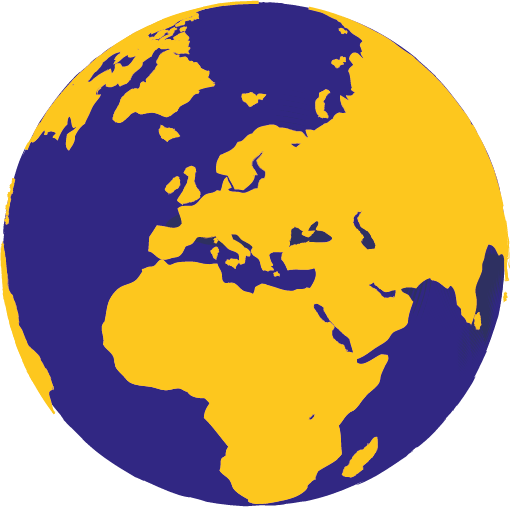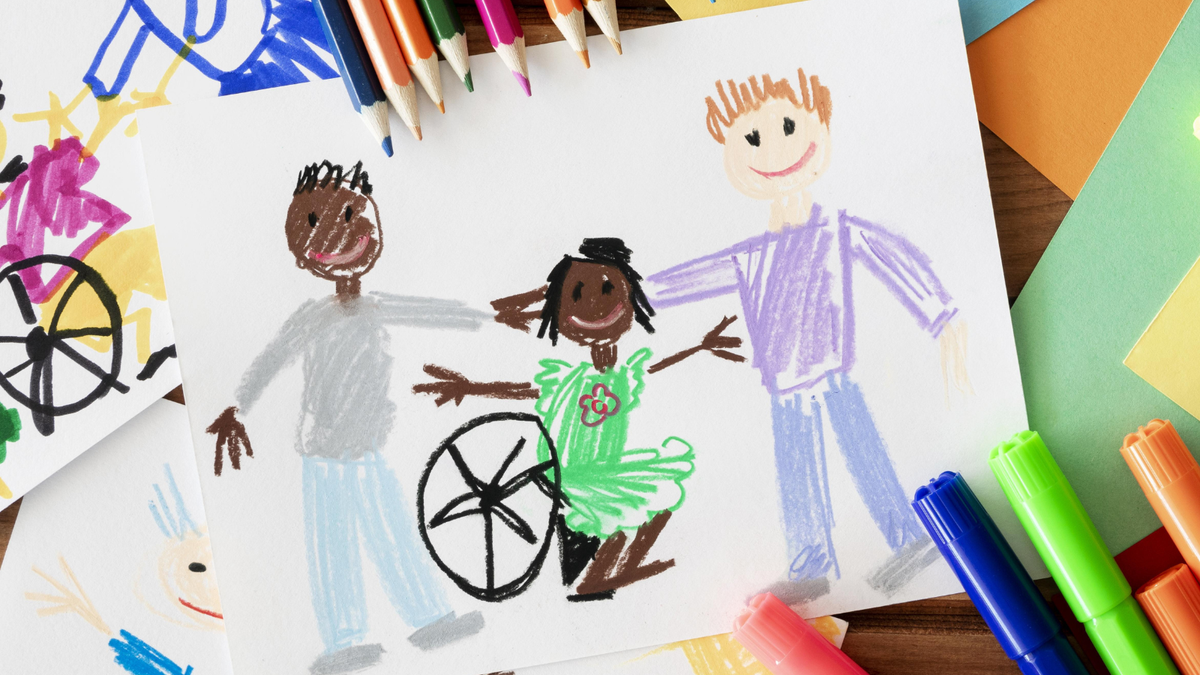Lumos has joined over 40 national and international organisations, including Light for the World, Plan International, and the International Disability Alliance, in endorsing a call to action to achieve inclusive education for all by 2030.
The organisations are calling on donors and governments to significantly step up action and show their commitment to delivering on the Sustainable Development Goals’ promise to ‘leave no-one behind’.
There are an estimated 65 million children with disabilities of lower and middle school age in the world. Half of these children, are believed to be out of school.1 Many children with disabilities who receive an education often do so in segregated schools, or in institutions for children with special educational needs, away from their peers and their community.
The Call to Action calls on bilateral, multilateral and private donors to make disability-inclusiveness a prerequisite to allocating funds. It also encourages governments to invest in system-wide educational reform, to ensure all children with disabilities can go to quality inclusive schools. You can read the full call to action here.
By lending its support, Lumos is reiterating its own commitment to achieving inclusive education for all children, ensuring that all children with disabilities can enjoy their right to quality and inclusive education.
In 2007, approximately half of all children in institutions in Moldova were children with disabilities living in residential special schools. Children were separated from their families because these residential schools were the only way they could access education. Lumos, in cooperation with the Ministries of Finance and Education, local authorities, and NGO partners, put in place a legal framework and operational plan to develop community-based social services across the country. This has since made it possible for many children with disabilities in institutions to return home to their families or other forms of family-based care. The country has made significant developments in inclusive education, which has made it possible for many children to be educated in mainstream school alongside their peers. Between 2010 and 2016, the number of children with special educational needs attending mainstream schools in Moldova increased from 1,253 to 10,393.2
1 Education Commission (2016) The learning generation: Investing in education for a changing world. Available online: http://report.educationcommission.org/downloads/ [accessed 27 April 2017].
2 Data provided by the Moldova Ministry of Education on file with Lumos.



